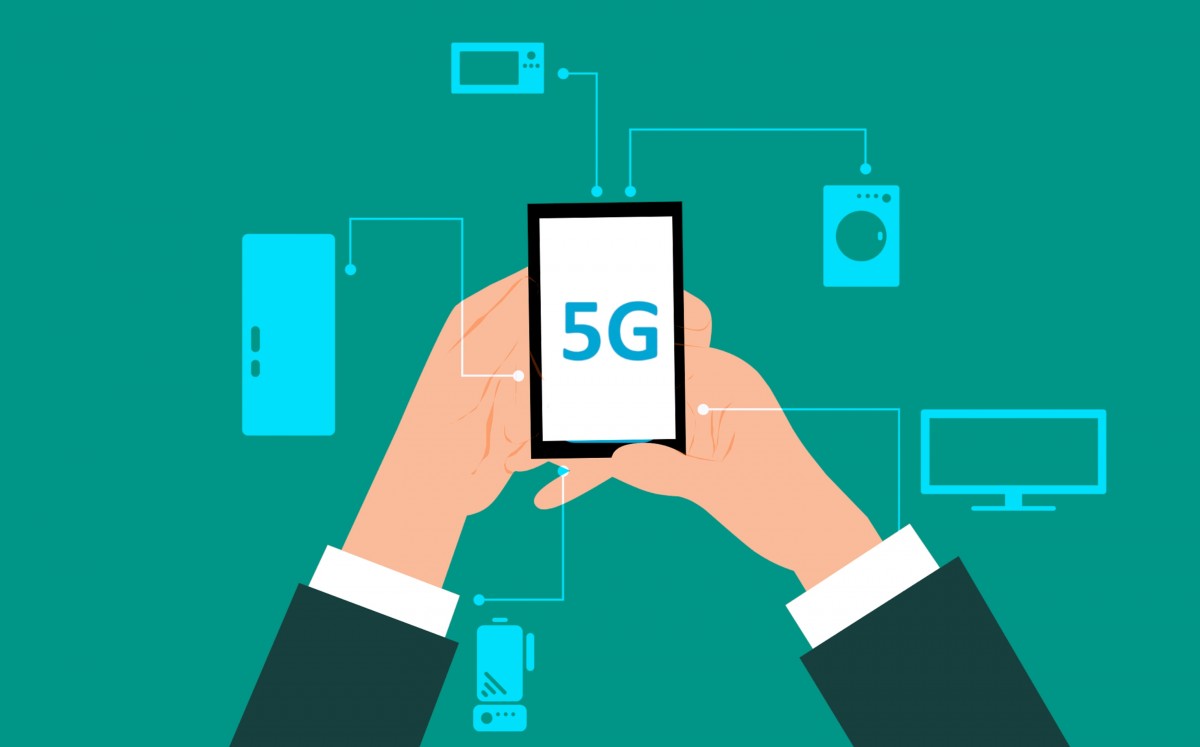An Interview with Metova CTO, Andrew Cowart
So.. 5G is already here right?
Overall, it’s still “marketing speak” a lot of carriers want to be the first to say “We have 5G.” They are saying they are rolling it out, but they aren’t quite rolling out the full 5G spec.
But.. My phone says I am on 5G now. What does that mean?
A lot of companies are trying to jump on this to say that they’re the first on 5G – Even if it means some deceptive marketing. If your phone says “5G E”, that’s actually a marketing term the carriers are using that isn’t “true” 5G. 5G E runs on the existing 4G network.
If you’re on a 5G network, at least in the early half of 2019, it means you have a very new phone in a populated city where companies are testing this technology out, and you should see faster speeds with lower latency during most of your internet-connected activities.
How fast is 5G?
10GB per second with a much faster throughput than what exists today. Today’s smartphones may have high bandwidth, but latency is fairly high – up to a couple hundred milliseconds. 5G is promising 1ms response time which is on par with a wired connection as far as latency goes.
5G could potentially replace home and business internet services from companies including Comcast and Google fiber. If it rolls out at promised speeds, Metova could replace expensive business class fiber with 5G in our offices, and other companies could do similar.
What about security? Are there any new or unique issues with 5G?
There aren’t concerns specific to the 5G technology itself, the main concerns that technologists are having center around the growing spread of technology. As time goes on — and this is really going to peak more and more in the 5G era — your average room will have more and more connected devices, which will lead to more and more potential points for security concerns. If potentially malicious code was introduced into a 5G chip from a manufacturer, they could add backdoors that would allow for access to every connected device.
What about penetration – can it easily travel through walls windows, etc?
Not very well, 5G requires more antennas to cover the same area compared to past protocols. It requires smaller, but more cells compared to 4G. 4G may cover many miles, while 5G may cover only a few city blocks, making it significantly more expensive to deploy. Due to the expense, for the near future most people will not have 5G, unless they live in a densely populated area such as NYC, San Diego, downtown Nashville, LA, etc.
What more does 5G offer other than speed?
More opportunities for more devices. For instance an IP camera would normally require fast WiFI access, with 5G it could simply have an embedded 5G chip. This could mean a significantly higher amount of video surveillance – both government and private.
In terms of IoT, connected vehicles could benefit by communicating with nearby cars. Autonomous vehicle is most likely the use case in the near term – sending a lot more data to make smarter decisions possible.
Augmented reality devices such as Google glass or holo-lens could becomes much more useful while walking through a 5G enabled city using the bandwidth for multiple video screens, realtime info and more.
Does 5G have a significantly higher battery draw?
Not really. Through improved, more efficient technology, the power draw of the radio is equivalent to 4G battery draw.
Any additional thoughts?
The biggest thing is it is a unique technology that can replace the wired internet, but the rollout will be slow, even though you will see a lot of companies advertising 5G capabilities. Look for it in 2020 in major cities.


